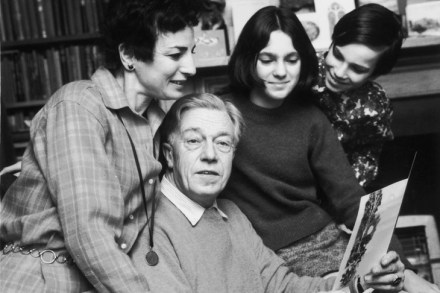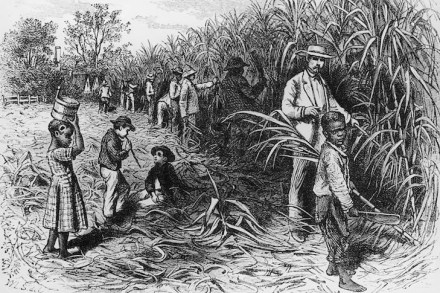A poet in prose
Literary reputation can be a fickle old business. Those garlanded during their lifetimes are often quickly forgotten once dead. Yet there is a daily procession of visitors to Keats’s grave in the English cemetery in Rome, where the headstone reads, ‘Here Lies One Whose Name Was Writ in Water’, so sure was the poet that the neglect he had suffered up to his death would continue ever after. By any standards, C. Day-Lewis — he disliked Cecil, the name given to him by his Church of Ireland vicar father — was among the most glittering figures on the 20th-century British literary scene, celebrated, well-connected, a bestseller and Poet Laureate for




















